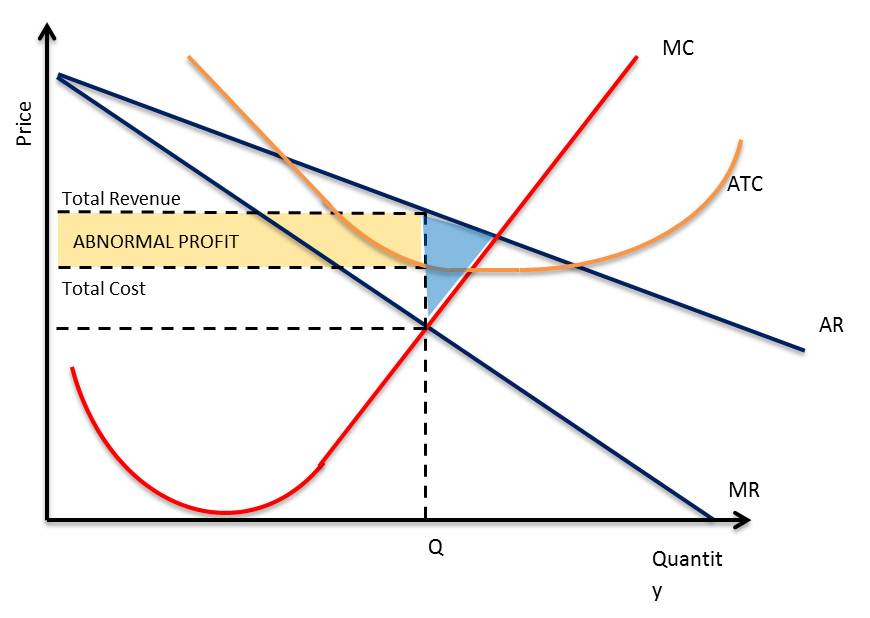“Bad” Monopolies? An argument against absolutely free markets comes up often. What about so-called natural monopolies? So-called infrastructure projects (e.g. sewage plants) have high barriers to entry, and are a challenge to true competition. Therefore, if left to private companies, they would become bad monopolies. So it is best for the government to provide them. I think there are answers on several levels. Moral. The argument is saying that men need to be forced, like brutes. Horses will do no work unless harnessed, and led around by a bit in their mouth (if not whipped). Haven’t we proven beyond a shadow of a doubt that this is wrong? Economic. The question of how men coordinate their actions – how they can coordinate – is one of the major questions of economics. The answer is: each must pursue his own interest, which in an economics context means pursuit of profit. Pursuit of profit and only this pursuit leads men to work together. Adam Smith may have used an unfortunate phrase by referring to “the invisible hand”. I describe the mechanics of it in my dissertation. But no matter how you slice it, economics is about people coordinating based on their individual interests and individual knowledge. Central planning is about the negation of coordination, and the destruction of economics as such.
Topics:
Keith Weiner considers the following as important: Abnormal Profit, bad monopolies, Debt and the Fallacies of Paper Money, Featured, Human Condition, market failure, Monopoly, newsletter, On Economy, On Politics
This could be interesting, too:
Nachrichten Ticker - www.finanzen.ch writes Die Performance der Kryptowährungen in KW 9: Das hat sich bei Bitcoin, Ether & Co. getan
Nachrichten Ticker - www.finanzen.ch writes Wer verbirgt sich hinter der Ethereum-Technologie?
Martin Hartmann writes Eine Analyse nach den Lehren von Milton Friedman
Marc Chandler writes March 2025 Monthly
“Bad” Monopolies?An argument against absolutely free markets comes up often. What about so-called natural monopolies? So-called infrastructure projects (e.g. sewage plants) have high barriers to entry, and are a challenge to true competition. Therefore, if left to private companies, they would become bad monopolies. So it is best for the government to provide them. I think there are answers on several levels.
Similarly, it is not the job of the economist to envision every business model in a free market. It is the job of a million entrepreneurs, each developing his own unique business model. Indeed, economists often make lousy entrepreneurs.
|
This is the kind of chart you will find in modern economics textbooks on the topic of “monopoly”. Allegedly, monopolies will achieve “abnormal profits” and their allocative efficiency will be sub-optimal as well, hence they are considered an example of “market failure”. Not to put too fine a point to it, this is complete bunkum (sorry, economics students – you are being taught piffle!). For one thing, there is not a shred of empirical evidence for this. On the contrary, over many decades, papers published in economic journals that have studied “natural monopoly” type situations throughout history, had to admit that the exact opposite of what this diagram suggests has actually happened in free competitive markets in which the State did not intervene on the suspicion that it had to counter the threat of a private “monopoly”. The theory on monopoly may look superficially convincing, if not for the fact that Rothbard came along in 1963 and completely debunked it in Man, Economy and State. We have a more detailed article on the topic in the works that will flesh out many of the points made by Keith here – stay tuned! (PT) |
Chart by: “Friedmanseconomy”
Chart caption by PT

